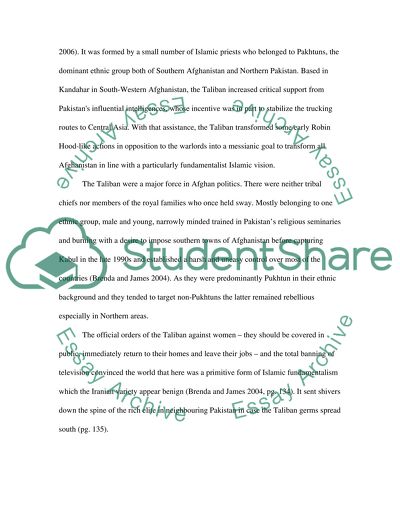Cite this document
(“Islamic Fundamentalists Essay Example | Topics and Well Written Essays - 1500 words”, n.d.)
Islamic Fundamentalists Essay Example | Topics and Well Written Essays - 1500 words. Retrieved from https://studentshare.org/miscellaneous/1508934-islamic-fundamentalists
Islamic Fundamentalists Essay Example | Topics and Well Written Essays - 1500 words. Retrieved from https://studentshare.org/miscellaneous/1508934-islamic-fundamentalists
(Islamic Fundamentalists Essay Example | Topics and Well Written Essays - 1500 Words)
Islamic Fundamentalists Essay Example | Topics and Well Written Essays - 1500 Words. https://studentshare.org/miscellaneous/1508934-islamic-fundamentalists.
Islamic Fundamentalists Essay Example | Topics and Well Written Essays - 1500 Words. https://studentshare.org/miscellaneous/1508934-islamic-fundamentalists.
“Islamic Fundamentalists Essay Example | Topics and Well Written Essays - 1500 Words”, n.d. https://studentshare.org/miscellaneous/1508934-islamic-fundamentalists.


